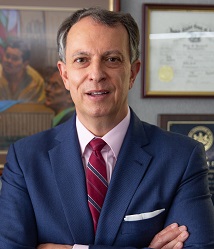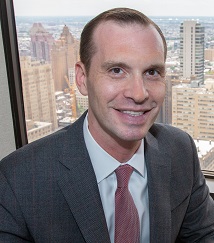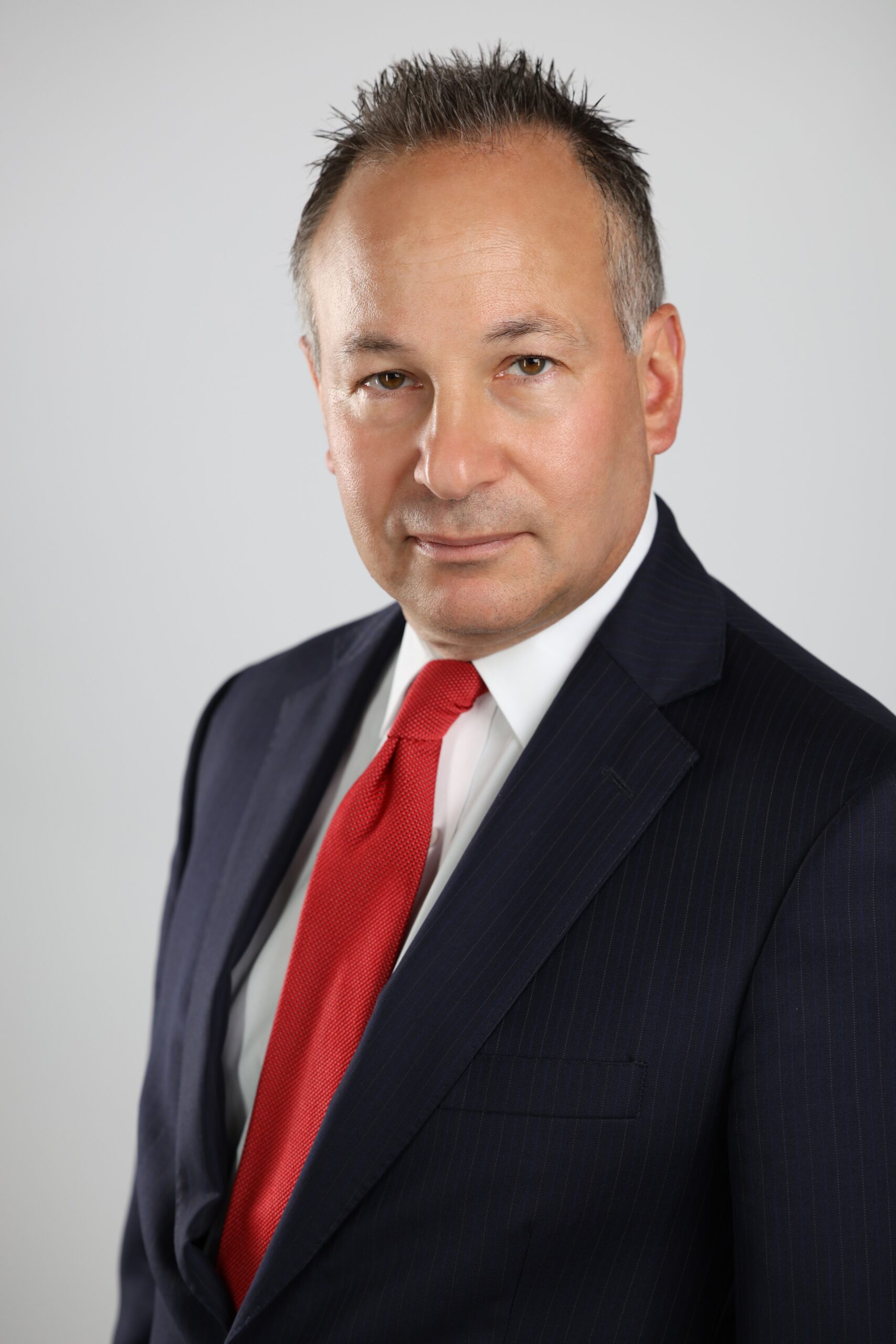No Vacancy for Privacy: Five Hours After Checkout, the Fourth Amendment Checks Out in Pittsburgh
By: Joshua D. Hill
In United States v. Mendoza (2026 WL 61591), the Third Circuit held that a hotel guest does not retain a reasonable expectation of privacy in a hotel room five hours after checkout time, affirming the denial of a motion to suppress evidence seized during a warrantless search of Appellant’s hotel room.
Facts
Ryan Mendoza checked into a Pittsburgh hotel for a two-night stay. Mendoza did not affirmatively checkout at noon on the date of his departure, which was the hotel’s posted checkout time. However, as with most hotels across the country, this hotel’s policy permitted “walk-out” checkout, where a guest can leave without any interaction with the front desk. Pursuant to this policy, on the day of a guest’s scheduled departure, if the guest does not arrange for a late checkout, the keycards are deactivated and charges processed automatically, two hours after checkout time.
At approximately 2:00 p.m., on the day of Mendoza’s departure, hotel staff entered his room as part of routine post-checkout procedure. At that time, they discovered a backpack containing suspected narcotics. At approximately 5:20 p.m., five hours after checkout time, police, accompanied by the hotel manager, entered the room without a warrant.
Mendoza returned to the hotel later that evening and was arrested. He subsequently moved to suppress the evidence, arguing that because he never formally checked out and believed he had paid for a two-night stay, he retained a reasonable expectation of privacy in the room for a full 48 hours. He lost.
Timing is Everything: Five Hours Is Too Late
The Third Circuit rejected Mendoza’s argument, holding that any subjective expectation of privacy he may have had was not objectively reasonable once checkout time had passed. The Court placed great emphasis on the fact that the search occurred five hours after the posted checkout time.
The Court emphasized that while hotel guests generally enjoy Fourth Amendment protection equivalent to that of a tenant, that protection ends when lawful occupancy ends. Checkout time, the Court explained, is a clear and administrable marker for when possession reverts to the hotel. Once that happens, hotel management may consent to police entry.
The Court stressed that this was not a close case. The search occurred five hours after checkout time, there was no communication from Mendoza regarding a late checkout, the hotel’s policies were clear and posted, and the room had already been entered by staff in the ordinary course. Under those circumstances, there can be no reasonable continuing expectation of privacy.
When Might the Result Be Different?
Although the Court ruled decisively on these facts, it identified scenarios that might warrant a different outcome in a future case. These included: 1) whether a guest might retain a reasonable expectation of privacy shortly after checkout time where a hotel has a known practice of allowing late departures; 2) whether hotel-specific customs or patterns could make continued privacy expectations objectively reasonable; and 3) whether express or implied communications between the guest and hotel staff regarding checkout timing could alter the analysis.
The Third Circuit made clear that, absent evidence of a late-checkout agreement, Fourth Amendment standing evaporates quickly after posted checkout times.





